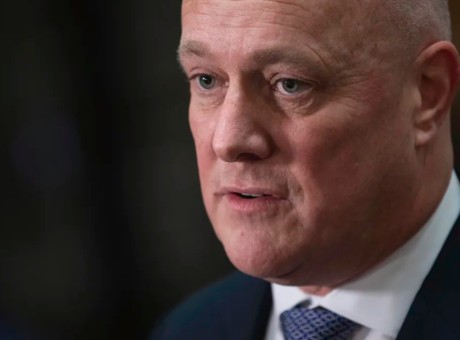Cromwell rates likely to rise 4.9%

The CODC has just released this statement.
"Central Otago District Council is currently finalising its draft budgets for the 2020/21 Annual Plan, which will go out for public consultation for a month from mid-March.
At this stage, Council is proposing an average residential rates increase across the district of 4.9%, which falls below the cap of 5% that it has committed to in its Financial Strategy.
Council is anticipating needing to increase its total rates income by 7.6%. However, the number of properties in Central Otago paying rates is also expected to grow (forecast at 2.6% growth by 1 July).
This means that while the rates take might go up, there are more ratepayers to spread that cost between so the average district increase is 4.9%. It is important to note this is just an average figure and everyone’s rates will differ as a rates bill is made up of a mix of different rates, including general rates, targeted rates, and rates based on land or capital value.
Three key areas are pushing council budgets up: increased costs and service charges that are being demanded of council by outside agencies, unfunded government mandates and growth. Costs in water, wastewater, and recycling and rubbish are the activities most impacted by rising costs. These activities benefit urban areas the most given most rural properties do not receive these services, meaning greater increases are falling on urban properties.
As 2020/21 represents year 3 of Council’s 10-Year Plan 2018-2028 and no significant changes to our work programmes are being proposed, Council is likely to focus its public consultation on a sole topic this year – its proposal to join the Local Government Funding Agency (LGFA) scheme.
Central Otago Mayor Tim Cadogan said this was a “really important conversation we need to have with our community”.
“Currently our Council has no debt. While this sounds like good news at face value, it causes our Council of today significant financial challenges, particularly where we require big expenditure on infrastructure now that will actually serve many generations to come.
“We will be calling for views from later next month on whether this Council, like most others in New Zealand, should take on debt to deliver big capital projects in order to spread that cost over all the generations who will benefit from it, not just the people paying their rates today.”
Community boards are currently considering their specific ward budgets. Council will then consider those budgets before it adopts the consultation document for public consultation at its meeting on Wednesday 11 March. Public consultation will open the following week for a month and the community will be asked to have its say.
Community boards and Council will consider submissions before an Annual Plan is adopted in June."

























